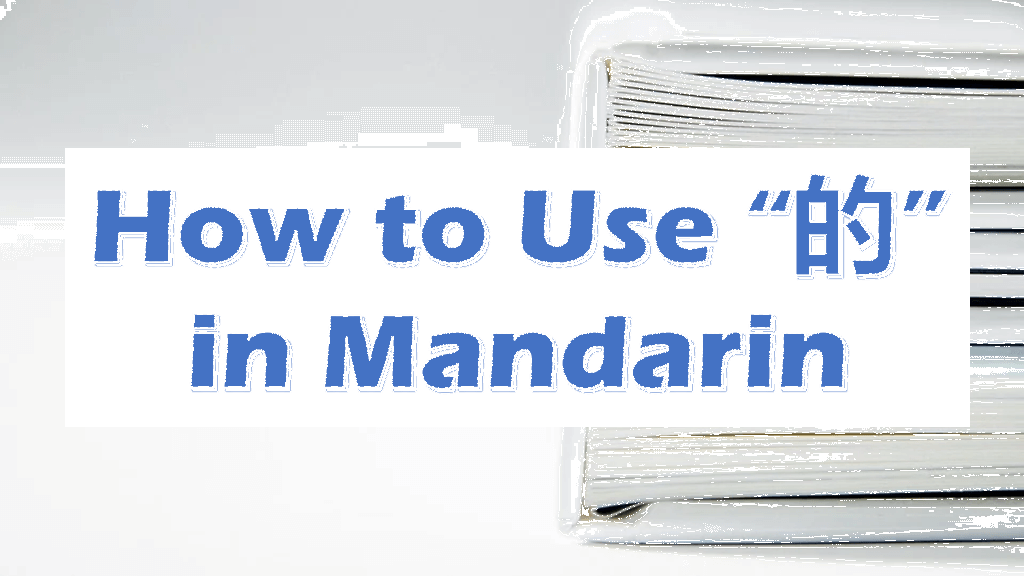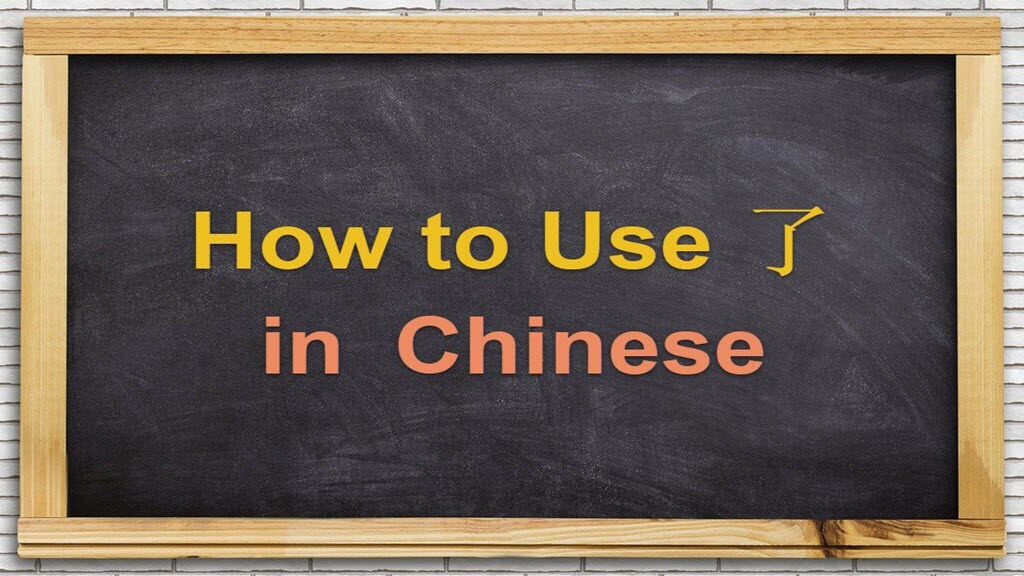Complements of direction are used to describe the directions of movements. The most important thing to consider is the position of the speaker. Normally, use 来 if the movement goes towards the speaker, and use 去 if the movement goes away from the speaker. In this article, you’ll learn how to use the simple directional complements and compound directional complements to describe the directions of some common verbs.
Part 1: Simple Directional Complements
The most Simple Directional Complement words: 来[lái], 去[qù]
Verb + 来[lái]/去[qù]
"来" is used after a verb to indicate a movement going towards the speaker;

(go towards the speaker)
"去" indicates a movement going away from the speaker.

(go away from the speaker)
For example:
A: 你下班了吗?几点回来吃饭?
Did you finish work? When are you coming back for dinner?
B: 我今天不回去吃饭了。
I'm not going back home for dinner today.
A: 这是我家,进来吧,随便坐。
This is my house. Please come in. Just take a seat.
B: 这是你的卧室吗?我可以进去吗?
Is this your bedroom? Can I go in?
Other simple directional complement words: 上[shàng], 下[xià], 出[chū], 进[jìn], 起[qǐ]
Verb +上[shàng]/下[xià]
"上" is used after a verb to indicate the direction of a movement going from low to high, while "下" indicates the direction of a movement going from high to low.
For example:
猴子很快地爬上了树。
The monkey climbed up the tree quickly.
他跳下了台阶。
He jumped off the steps.
Verb + 出[chū]/进[jìn]
"出" is used after a verb to indicate the direction of a movement going from inside to outside, while "进" indicates the direction of a movement going from outside to inside.
For example:
他从包里拿出一些钱。
He took some money out of his wallet.
小明走进了那家餐厅。
Xiao Ming walked into that restaurant.
Verb + 起[qǐ]
"起" is used after a verb to indicate the direction of a movement going upwards.
For example:
他拿起雨伞就走。
He picked up his umbrella and left.
小狗抬起头看着我。
The puppy raised his head and looked at me.
Part 2 Compound Complements of Direction
In this part, you’ll learn how to use the two basic words 来[lái]/去[qù] combing with other direction words to form compound directional complements. Please note that in direction complements, “来[lái]” usually indicates that a movement goes towards the speaker; “去[qù]” usually indicates that a movement goes away from the speaker.
Up and down: 上 [shàng] and 下 [xià]
Verb +上来[shàng lai] indicating a movement going from low to high
For example:
电梯坏了,你只能走上来。
You have to walk upstairs here as the elevator is broken.
(the speaker is upstairs)
Verb + 上去 [shàng qu] indicating a movement going from low to high
For example:
我们顺着这个山坡爬上去。
Let’s go up the hill.
(the speaker is at the bottom of the hill)
Verb + 下来[xià lai]
Verb + come down
A movement goes from high to low.
For example:
他从二楼跳下来了。
He jumped off from the second floor.
(the speaker is downstairs)
Verb +下去[xià qu]
Verb + go down
The direction of a movement goes from high to low.
For example:
他从二楼跳下去了。
He jumped off from the second floor.
(the speaker is upstairs)
In and out: 进 [jìn] and 出[chū]
Besides 上 and 下, you can use a variety of other direction words with 来 and 去. One pair is 进 and 出: inward movements and outward movements.
Verb + 进来[ jìn lai] /进去 [ jìn qu]
From outside to inside.
For example:
一只蜜蜂飞进来了。
A bee flew into the room.
(the speaker is in the room)
一只蜜蜂飞进去了。
A bee flew into the room.
(the speaker is out of the room)
Verb + 出来 [chūlai]/出去[chūqu]
To indicate a movement going from inside to outside.
For example:
从房间里走出来一个人。
Someone walked out of the room.
(the speaker is out of the room)
他是从那个门走出去的。
He walked out of that door.
(the speaker is in the building)
Back: 回 (huí)
Let’s look at this direction word 回. It is for movements that are going back or returning. You can combine 回 with 来 or 去 to talk about coming back or going back.
Verb+回来 [huí lai]/回去 [huí qu]
Notes:
Verb +回来 [huí lai ]
Verb + come back
come towards the speaker
Verb+ 回去 [ huí qu]
Verb+ go back
go away from the speaker
That is, the direction of the movement goes from someplace back to the original place.
For example:
今天小王把钱还回来了。
Xiao Wang gave the money back to me today.
你今天是走回来的?
Did you walk back (here) today?
快下雨了,我们跑回去吧。
It's going to rain. Let's run back.
你把这支笔送回去。
Please return this pen.
Across: 过 (guò)
By combining 来 or 去 with 过, you can talk about movements that come across or go across. This can also cover come over and go over in English.
Verb + 过来[ guò lai]
Verb + come over
To indicate the direction of the movement coming from someplace to the speaker’s position.
For example:
车来了,快跑过来。
Hurry up, the car is here.
Verb + 过去[guò qu]
Verb + go to
To go away from the speaker’s position.
For example:
我把球踢过去了。
I kicked the ball over.
Rising: 起 (qǐ)
起 is a very versatile word in Chinese, and it's a little bit trickier to understand in direction complements. In general it means “to rise”, and in direction complements it can only be combined with来.
Verb + 起来 [ qǐlai]
Verb + up
It indicates an action moving upwards.
For example:
所有的人都站起来给他鼓掌。
Everyone stood up clapping for him.
请把地上的垃圾捡起来。
Please pick up the litter on the ground.
Part 3: Expansion
Some of these compound direction complements also express other meanings and often used in Chinese conversations, let’s check them out.
Verb +上来[shàng lai]
To indicate a movement going from far to near.
For example:
后面的人跟上来了。
The people behind are catching up.
(close to the speaker)
Verb + 上去 [shàng qu]
Put something at someplace.
For example:
你把这幅画挂上去。
Please hang this picture.
Verb +下来[xià lai]
1) Something is written, drawn or memorized.
For example:
你把这个字写下来。
Please write down this character.
2) To persist in something till it's completed
For example:
所有参加长跑的人都坚持下来了。
Everyone who took part in the running persisted and made it to the finish line.
Verb +下去[xià qu]
To keep a state from present to future.
For example:
我一定会坚持下去。
I’ll keep up definitely.
Verb + 出来 [chūlai]
1) Something is done, completed out as a result
For example:
他想出来好几个办法。
He thought of a few methods.
2) To tell something it.
For example:
我能喝出来这是什么茶。
I can tell what kind of tea this is.
Verb + 过来[ guò lai]
1) Facing to the speaker.
For example:
你转过来。
Nǐ zhuǎn guò lai.
Turn around (facing me), please.
2) Get back to the normal state.
For example:
他终于醒过来了。
He finally woke up.
Verb + 过去[guò qu]
1) Back towards the speaker.
For example:
你转过去。
Turn around with your back towards me, please.
2) Not being the normal state.
For example:
病人晕过去了。
The patient fainted.
Verb + 起来 [ qǐlai]
1) Indicates an action or state starts and keeps going.
For example:
你笑起来真好看。
You have a nice smile.
大家都开始忙起来了。
Everybody is getting busy.
2) Indicates something is gathered together
For example:
她把头发扎起来了。
She tied her hair up.
3) Giving an estimation or evaluation of something
For example:
这道菜看起来辣,尝起来不辣。
This dish looks spicy, but does not taste spicy.
他的声音听起来很好听。
His voice sounds beautiful.
4) Got a result
For example:
我想起来了,这个地方我来过。
Now I remember, I've been here before.
我记起来了,你是我哥哥的朋友。
Now I remember, you are my elder brother’s friend.
Final Words
That’s all for complements of direction. We hope it’s helpful with your Chinese studies. If you’re just getting started learning Chinese, you can check out our Beginner Chinese course (HSK 1) to build a solid foundation in your Chinese Grammar! If you are interested in understanding fast Chinese conversations, you can try our EverydayChinese101 course (Level 1).

![How to Use 呢 (ne) in Chinese Grammar [Quick Guide]](https://www.everydaychinese.com/wp-content/uploads/2021/01/use-ne-in-chinese.jpg)




Comments